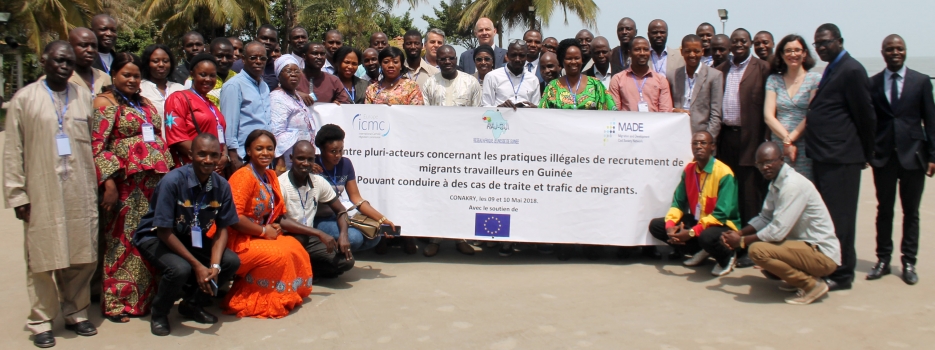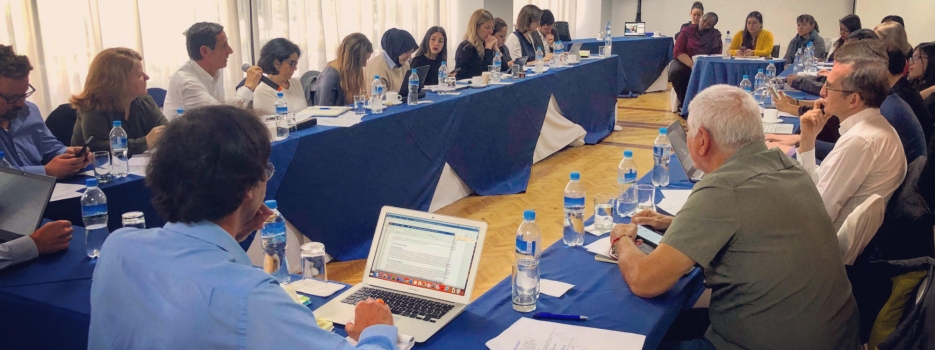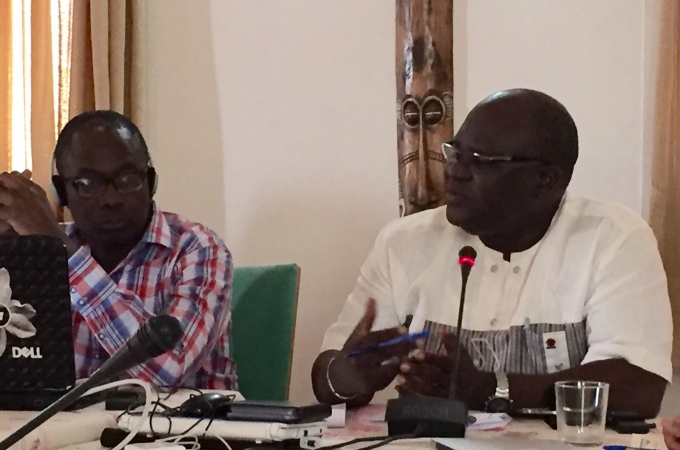17 December 2015
On 7 December 2015, the MADE Global Coordinating Office, together with its regional partner MADE Africa, led by Caritas Senegal, and the Global Coalition on Migration (GCM) coordinated a one-day regional civil society consultation in Dakar to discuss challenges and needs of migrants in crisis in West and Central Africa as part of its ongoing work around the Migrants in Countries in Crisis (MICIC) Initiative.
The MICIC Initiative is a State-led process to develop non-binding, voluntary principles, guidelines, and effective practices for States and other stakeholders to better prepare for, respond to, and address the longer-term consequences of migrants caught in countries experiencing conflicts or natural disasters.
This is the third regional civil society consultation that has taken place on the MICIC Initiative. The first one focused on Asia and was held in Manila, the Philippines on 21-22 March 2015, and the second one focused in Europe and Central Asia and took place in Brussels on 24 June 2105.
The civil society consultation in Dakar joined together 14 participants from 7 different countries in West and Central Africa, who represented mainly migrant and diaspora organizations, but also academics and trade unions. Two international organizations involved in the MICIC initiative were also present.
Like in the previous consultations, the objectives were to:
- Provide a briefing and orientation for civil society on the MICIC Initiative and activities that form part of the initiative
- Formulate civil society recommendations to the MICIC Initiative on rights-based, migrant-centered response mechanisms
- Develop a collective civil society advocacy strategy on expanding the MICIC framework and its intended Guidelines and Principles
Participants to this meeting held lively and active discussions on the topic throughout the whole day and formulated recommendations. Discussions were around the main crises affecting the regions, such as climate change, the Ebola epidemic and the Boko Haram group, amongst others. Civil society also emphasized on the need to focus on the sources of the crises in the mindset of prevention, to put in place a consultation framework between governments and civil society and have a global governance on migration that is more respectful of human rights.
The main recommendations were presented during the government consultation on the MICIC initiative the following day by Caritas Senegal’s Secretary-General, Abbé Alphonse Seck.
For further information:
Civil society Rapporteur Abbé Alphonse Seck’s presentation in French and in English





